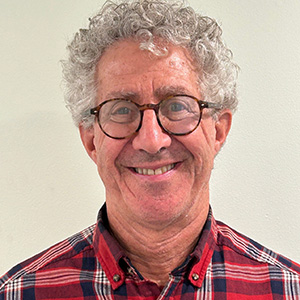The state of the lipid research community — improving grant review
I have just returned from Washington, D.C., where I was on a National Institutes of Health study section. I am happy to report that the state of the lipid research community is excellent. But it always can be better, particularly when getting our grants reviewed, and that is a prime focus of the American Society for Biochemistry and Molecular Biology’s Lipid Research Division, or LRD.
 National Institutes of Health study sessions meet at the main NIH campus in Bethesda, Maryland, shown in this aerial photo.NIH photo
National Institutes of Health study sessions meet at the main NIH campus in Bethesda, Maryland, shown in this aerial photo.NIH photo
The underlying premise of a new LRD initiative is that grants with a lipid focus suffer when study sections do not have sufficient lipid-centric reviewers. Although the scientific review officers, or SROs, work to get relevant expertise on the panels, several have told me they sometimes struggle to find lipid reviewers. We need individuals on these panels who can put the lipid work into context for the other study section members. Toward this end, we have an ongoing effort to improve the review of lipid-related grants by identifying qualified reviewers with lipid expertise. This has been a three-phase effort.
First, early last year we reached out to the ASBMB membership to encourage members involved in lipid research to join the LRD if they had not done so already. This has swelled the ranks of the division, and we are now 640 members strong.
The second phase was a survey sent out to the LRD membership to capture the review experience and research expertise of each member. The response? Not bad, but could be better. Out of the total membership, 348 received the survey. (Why not all? Explanation below.) Of those, we received 143 responses — an outstanding response rate for this kind of survey request. The survey identified 46 individuals who have NIH reviewing experience, which is the strong preference of the SROs, and an additional eight U.S.-based researchers with non-NIH reviewing experience. Those individuals might be recruited by SROs to increase the ranks of reviewers.
In the third phase, the results of the survey, in spreadsheet form, are now being distributed to SROs of study sections that historically have handled grants from the LRD membership. The SROs’ responses have been very enthusiastic. Finding qualified reviewers with the right expertise is one of their most time-consuming challenges. They definitely will use our results.
We know there are more qualified reviewers out there, and the SROs would love to have them serve on their panels. So rather than the usual kvetching around the bar about the terrible review your lipid grant received, here is how you can help. First, if you do lipid research and are not an LRD member, join here. Second, only a little more than half of the LRD membership received the survey, because many of you have asked not to receive e-mails from the ASBMB. We have no way to reach you. Please consider changing this in your profile so we can get in touch.
While the state of our community is strong in many ways, the fate of lipid grants is in your hands, in more ways than one. Help us to help you.
Enjoy reading ASBMB Today?
Become a member to receive the print edition four times a year and the digital edition monthly.
Learn moreGet the latest from ASBMB Today
Enter your email address, and we’ll send you a weekly email with recent articles, interviews and more.
Latest in Science
Science highlights or most popular articles
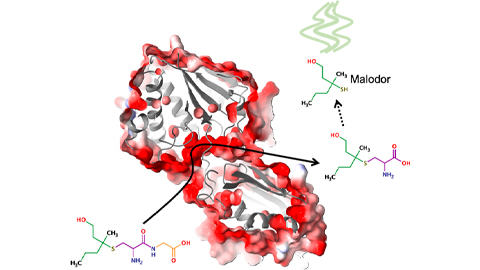
Bacterial enzyme catalyzes body odor compound formation
Researchers identify a skin-resident Staphylococcus hominis dipeptidase involved in creating sulfur-containing secretions. Read more about this recent Journal of Biological Chemistry paper.
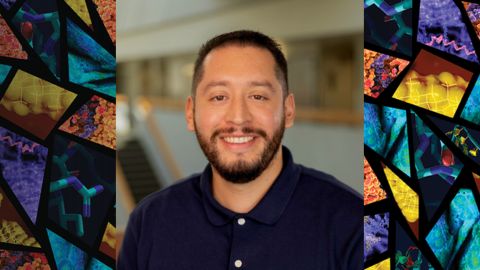
Neurobiology of stress and substance use
MOSAIC scholar and proud Latino, Bryan Cruz of Scripps Research Institute studies the neurochemical origins of PTSD-related alcohol use using a multidisciplinary approach.

Pesticide disrupts neuronal potentiation
New research reveals how deltamethrin may disrupt brain development by altering the protein cargo of brain-derived extracellular vesicles. Read more about this recent Molecular & Cellular Proteomics article.
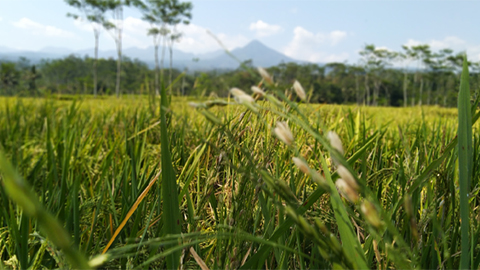
A look into the rice glycoproteome
Researchers mapped posttranslational modifications in Oryza sativa, revealing hundreds of alterations tied to key plant processes. Read more about this recent Molecular & Cellular Proteomics paper.
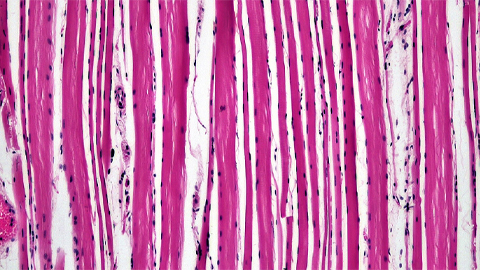
Proteomic variation in heart tissues
By tracking protein changes in stem cell–derived heart cells, researchers from Cedars-Sinai uncovered surprising diversity — including a potential new cell type — that could reshape how we study and treat heart disease.
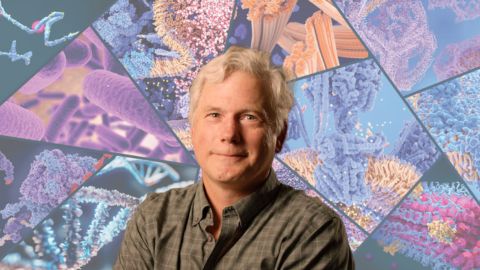
Parsing plant pigment pathways
Erich Grotewold of Michigan State University, an ASBMB Breakthroughs speaker, discusses his work on the genetic regulation of flavonoid biosynthesis.

